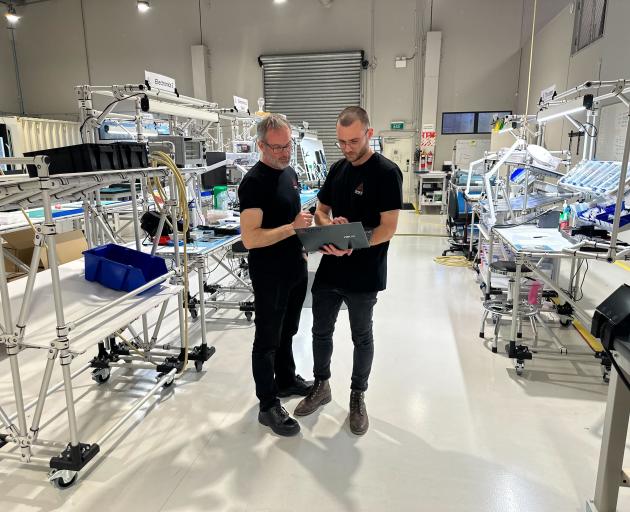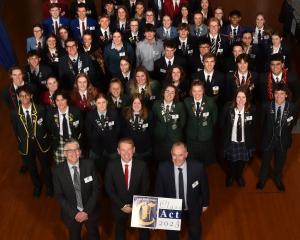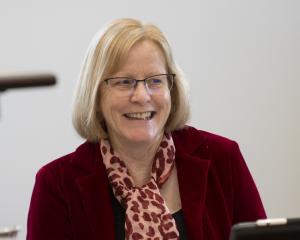
Thomas Galbraith is having a blast working on satellite propulsion systems.
‘‘I love my job,’’ the former Otago Daily Times Class Act recipient says. ‘‘In any week, I could go from designing circuit boards or writing software to hand-soldering components that will be in space in 12 months’ time. One of our products will even be landing on an asteroid.’’
Dawn Aerospace, the company he works for, makes green-propulsion systems for satellites. It has also developed an unmanned spaceplane powered by rocket engines.
Galbraith joined the company in Christchurch after completing an engineering degree and a master’s of engineering (electrical) at the University of Canterbury. In his spare time he led the university motorsport team, building single-seat electric race cars for the Formula SAE competition.
Day-to-day, he leads a small team designing and overseeing the manufacture of electronics for the company’s satellite propulsion systems.
The nitrous oxide propellant at the heart of its thruster technology is safe, cost-effective and efficient, replacing traditional toxic fuels such as hydrazine, he says.
So far, the company has over 60 thrusters in space on 13 satellites, and a backlog of about 200 either in customers’ hands or in development. The technology plays a key role in the positioning and movement of satellites in space, helping them to avoid collisions with space debris and transition from their initial space position - including platforms such as SpaceX rideshares - to their desired orbit.
One of its clients, asteroid-mining start-up AstroForge, plans to collect data about the composition of a near-Earth asteroid, including the presence of platinum-group metals.
However, one of his first tasks for the company was designing the rocket engine controller for its Mk-II Aurora spaceplane, a remotely-piloted demonstrator that had previously been tested using jet engines.
As satellites are sent up to space, the rockets used to get them there become space junk or are sent back into the atmosphere to burn up. By combining the performance of a rocket with the reusability of an aircraft, the company hopes to make accessing space more sustainable and scalable.

Now clear of the disease, he’s ‘‘binned the ‘she’ll be right’ attitude when it comes to health maintenance’’.
The former high school sports champion still enjoys running but jokes that his ‘‘younger self would be quite disappointed with the pace’’.
‘‘I eased off on playing sports when I went to university and unfortunately never seriously picked any of them up again.’’
It’s a common refrain among former Class Act recipients, who in their late 20s are now busy with work or family commitments.
While Galbraith’s usual workplace is only 10 minutes’ drive from central Christchurch, he is currently spending three months at the company’s other office in The Netherlands, performing space qualification on its electronics.
‘‘Designing for space is challenging because you need to achieve extremely high reliability in an environment that is impossible to test in before you get there,’’ he explains. ‘‘It’s important to have a really strong understanding of all the decisions being made, their impacts and limitations so that there are no surprises after the launch.’’












